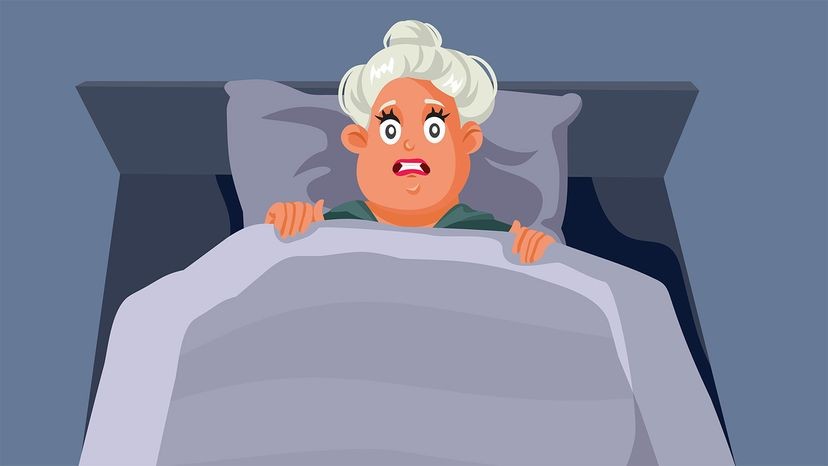Dreams are often filled with familiar faces, leaving many to wonder why we dream about people. While dream interpretation is subjective, scientific research offers some insights into the reasons behind these common nocturnal encounters. This article explores the frequency of dreaming about people, the potential connection to real-life interactions, and the psychological implications of these dreams.
The Frequency of Dreaming About Others
It’s perfectly normal to dream about people. We interact with a multitude of individuals daily, and our brains process these interactions even during sleep. According to dream researcher Dr. Robert Stickgold, we dream about roughly the same number of people we interact with yearly. This means that the more people we encounter in our waking lives, the wider the pool of potential dream characters.
The Link Between Dreams and Real-Life Interactions
The frequency with which specific individuals appear in our dreams often correlates with the frequency of real-life interactions. We tend to dream more about people we spend significant time with, whether it’s family, friends, colleagues, or even acquaintances. This suggests that our brains use dreams to process and consolidate memories of social interactions. Dr. William Domhoff, a prominent dream researcher, notes that the emotional intensity of a relationship can also influence dream frequency. A difficult or emotionally charged relationship, even with someone we see infrequently, might lead to more frequent dreams about that person.
The Psychological Significance of Dreaming About People
Dreams about people can hold various psychological meanings. They might reflect our current emotional state, anxieties, unresolved conflicts, or even desires related to specific individuals. For example, dreaming about an ex-partner could signify unresolved feelings or the need for closure.
Psychoanalyst Carl Jung believed that dreams provide insights into our unconscious mind. Dreaming about certain people could represent aspects of ourselves that we project onto them. These “shadow figures” in our dreams might embody traits we admire or dislike, prompting self-reflection and personal growth.
Dreams About Exes: A Special Case
Dreams about ex-partners are a common theme, often causing distress or confusion. While these dreams might seem counterintuitive, research suggests they can be a healthy part of emotional processing. According to Dr. Deirdre Barrett, a dream researcher at Harvard Medical School, dreaming about an ex can help us adjust to a breakup and achieve emotional equilibrium.
Ironically, trying to suppress thoughts about an ex during the day might lead to more frequent dreams about them at night, a phenomenon known as the “dream rebound effect.” If these dreams are distressing or nightmarish, visualizing a more positive outcome while awake might help mitigate their negative impact.
Conclusion
Dreaming about people is a natural and common phenomenon, often reflecting our waking life interactions and emotional states. While dream interpretation lacks a definitive scientific framework, understanding the potential connections between dreams and our social lives can offer valuable insights into our psychological well-being. Whether it’s processing social interactions, confronting unresolved conflicts, or working through emotional baggage, dreams about people provide a window into the complex workings of the human mind.
